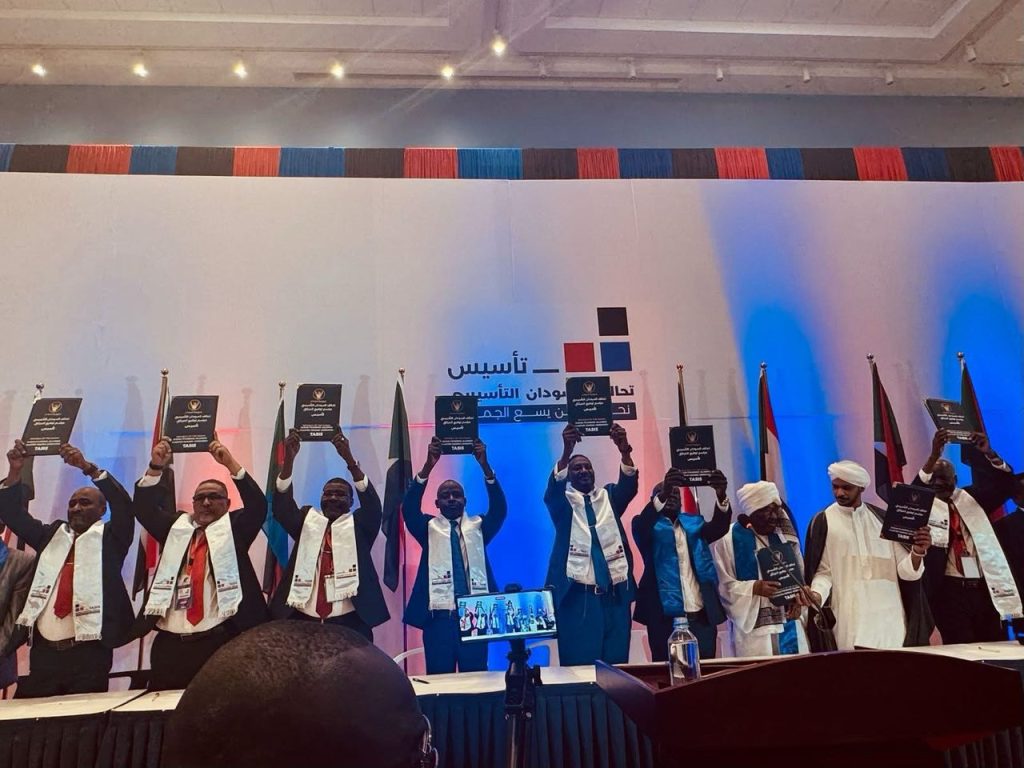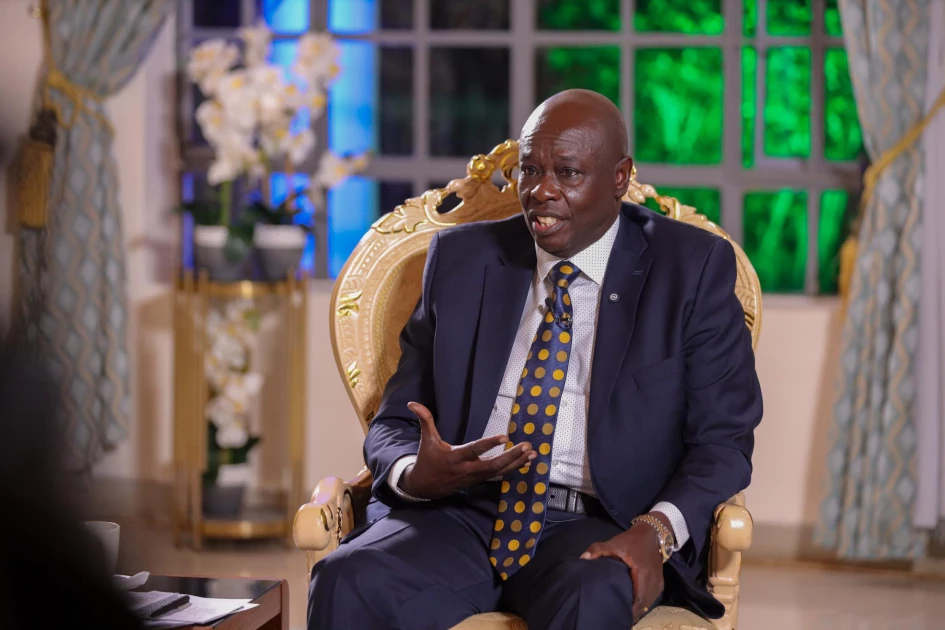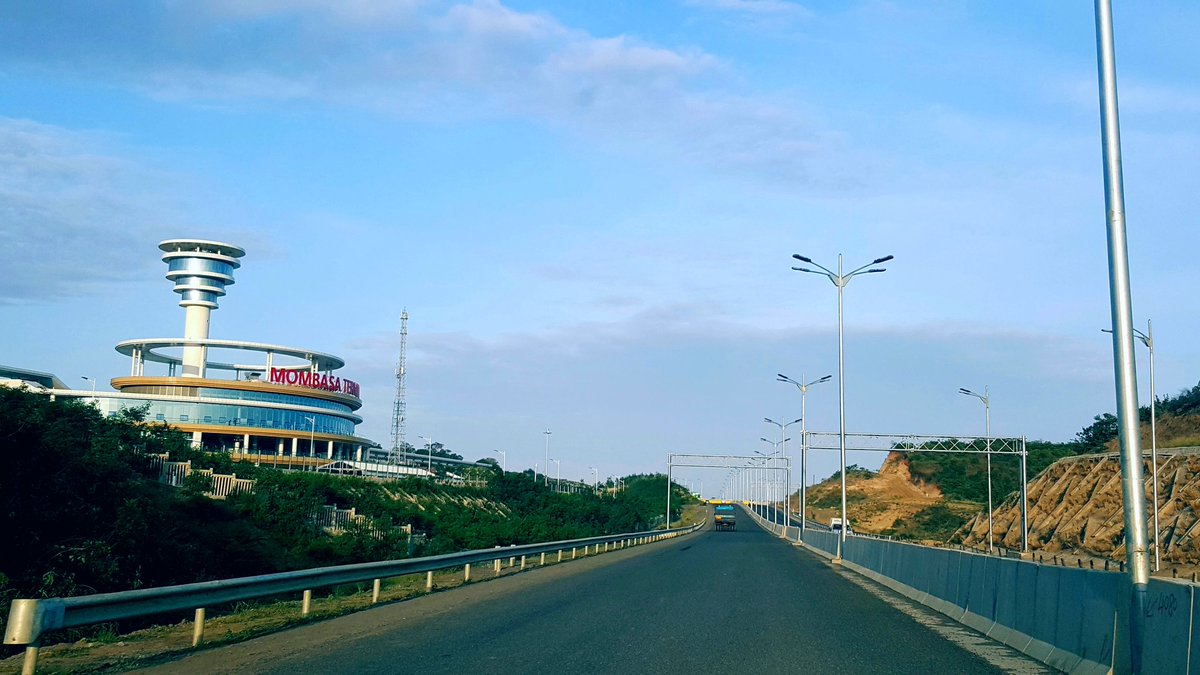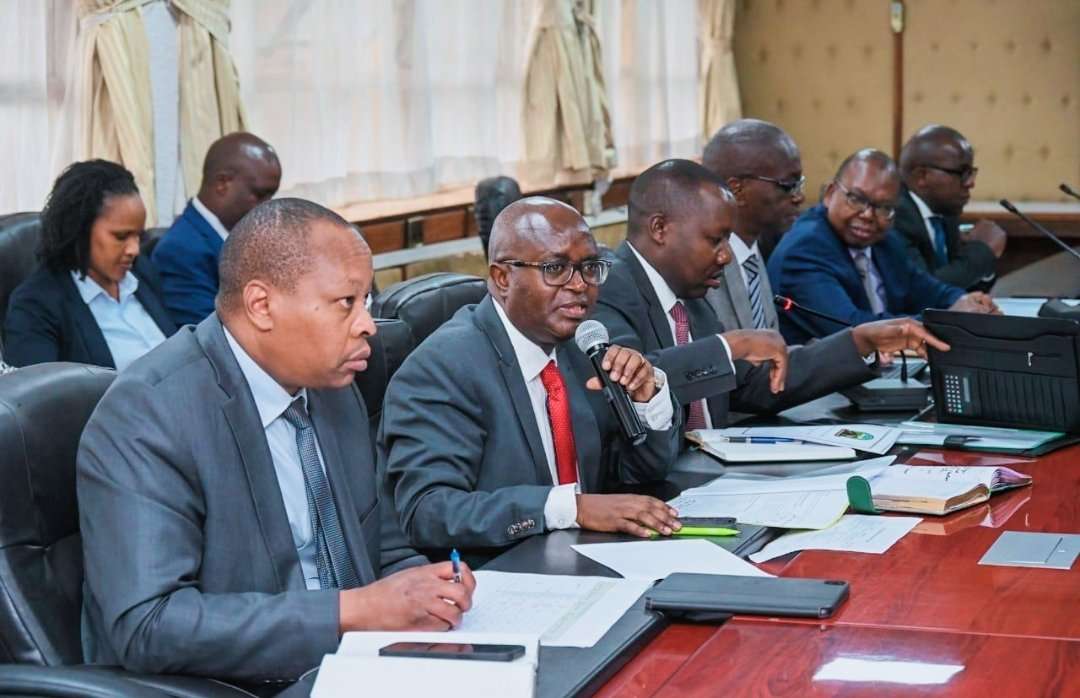By TWV Reporter
Former Deputy President Rigathi Gachagua has claimed that President William Ruto’s alleged support for the Rapid Support Forces (RSF) in the Sudanese civil war is to blame for the low final (bonus) payments to tea farmers, which have sparked protests in various parts of the country.
“Today, tea farmers are up in arms. I was in charge of tea reforms, and things were going well. A single decision by Ruto to do business with the rebel movement in Sudan, the RSF of Hemedti, alias Mohamed Hamdan Dagalo, who is a business partner of William Ruto, made the government of Sudan ban the importation of Kenyan tea,” Gachagua claimed during a live radio talk show at the weekend.

“As a result of that ban, we have not been able to sell tea at good prices. What is the outcome? The prices of tea have gone down. Farmers across the country, including in Kericho and Bomet, where he hails from, are up in arms,” he added.
The Sudanese government banned Kenyan tea imports in March after Kenya hosted RSF officials, including Hemedti. The visit culminated in the signing of a so-called “transitional constitution”, further fuelling tensions with Khartoum. The Sudanese authorities later petitioned Kenya’s National Assembly to intervene in the matter.
“These clear positions affirm the Kenyan Presidency’s irresponsible stance in embracing the genocidal RSF militia,” the Sudan Armed Forces (SAF)-led government said in a statement, adding that Kenya was behaving like a “rogue state”. There have also been claims that the RSF obtains arms through Kenya. The Sudanese government, currently operating from Port Sudan, recalled its ambassador to Kenya in February.
However, speaking during an interview with France 24 on the margins of the United Nations General Assembly in New York recently, President Ruto denied reports that he was backing the RSF. “Kenya’s position is that the two generals are cut from the same cloth; they are both products of a government that was overthrown. What Kenya does not agree with is trying to imagine that one is better than the other,” he said.
“We must compel the two generals to agree to a ceasefire. There are allegations, rumours and propaganda about Kenya, Egypt and even the UAE. The reason Kenya is being accused is that we offered a platform for dialogue.”
According to stakeholders in the tea sector, Kenya risks losing up to KSh6.5 billion annually if the government fails to secure the lifting of the ban. Sudan is among Kenya’s top five tea export destinations, importing specific tea grades that are not easily absorbed by other markets.
“Sudan has a unique market since it primarily imports specific tea grades that are not easily absorbed by other buyers. With the ban being extended beyond the clearance window for tea already in the supply chain, Kenyan tea farmers are reeling as the Sudan ban threatens their bonuses and livelihoods, given that traders and merchants still have valid contracts,” said Peter Kimanga, a Kenya Tea Development Authority (KTDA) director.
However, KTDA last week attributed the drop in earnings to international market conditions and unfavourable currency exchange movements compared to last year.





